Clinics We Offer
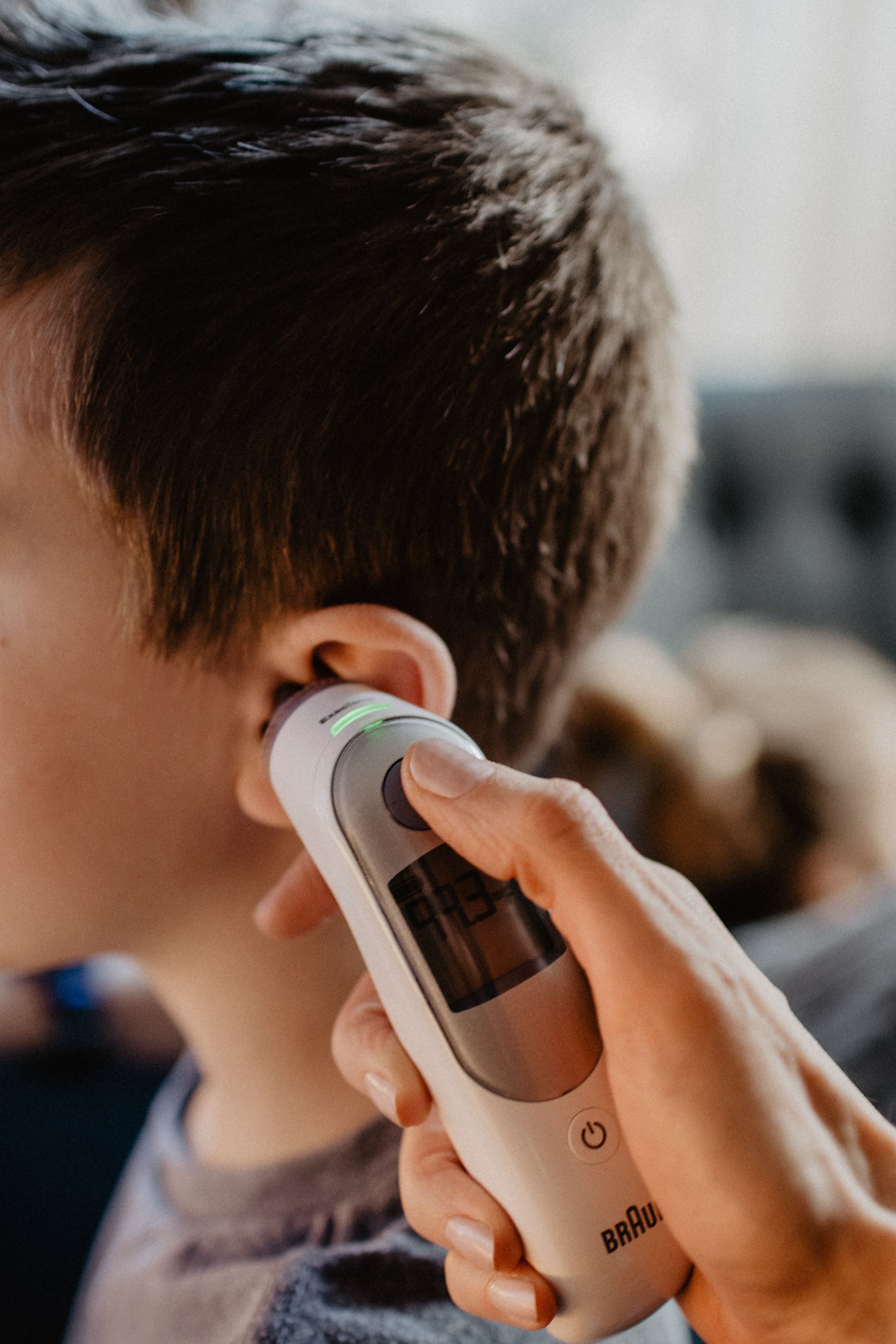
Acute Illness Clinic
Acute Illness Clinic
Our Acute Illness Practitioners (also prescribers) Emma and Clare are available throughout the week to help with the following
- Coughs
- Colds
- Sore throats
- Headaches
- Earache/ear problems
- Urine infections
- Diarrhoea and vomiting
- Rashes
- Breast Lumps
- Nosebleeds
- Palpitations
- Swelling inc fingers and toes
- Bites or stings
- Skin
- Abdo pain

Practice Nurse
Our Practice Nurses Janette and Clare offer a wide range of services including:
- Children's immunisations
- Travel vaccinations
- Weight monitoring
- Cervical smears
- Family planning
- Dietary advice
- Removal of stitches
- Smoking cessation
- Wound Care/dressings
- Depoprovera/Zoladex injections
- Chronic illness management for asthma, diabetes, heart disease, COPD, stroke and hypertension

Assistant Practitioner
Our Assistant Practitioner Esther Way offers a range of services including-
- INR clinic every Tuesday
- B12 injections
- Pneumovax and Shingles injections
- Wound Care/dressings
- Dementia and frailty assessments
- NHS Health Checks
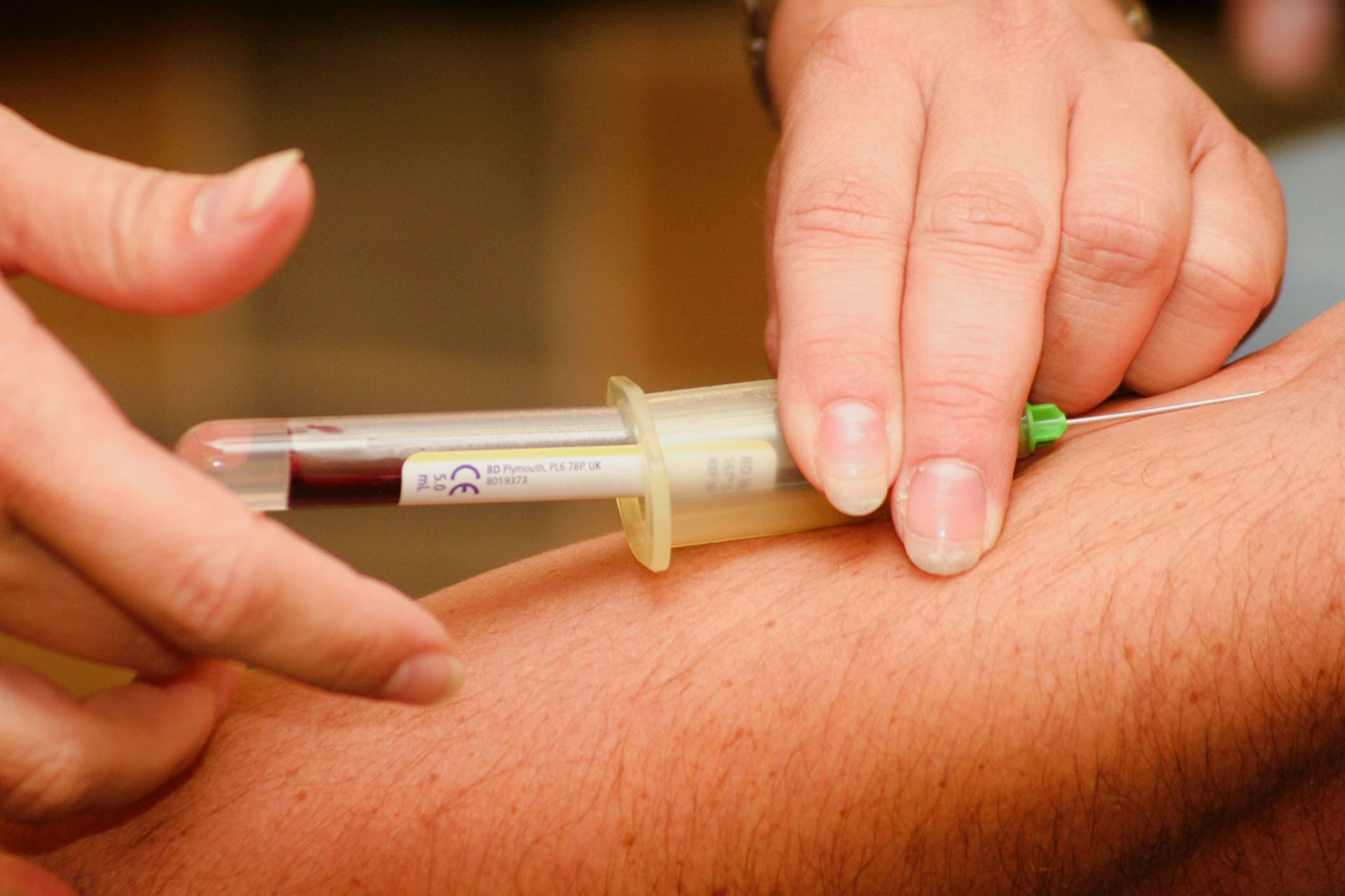
Healthcare Assistant and Phelbotomists
Our Phlebotomists Natalie, Laura and Tracey work alongside the Practice Nurses. They are available Mondays to Fridays for the following-
- Blood tests
- Blood pressure checks
- Weight
- ECGs
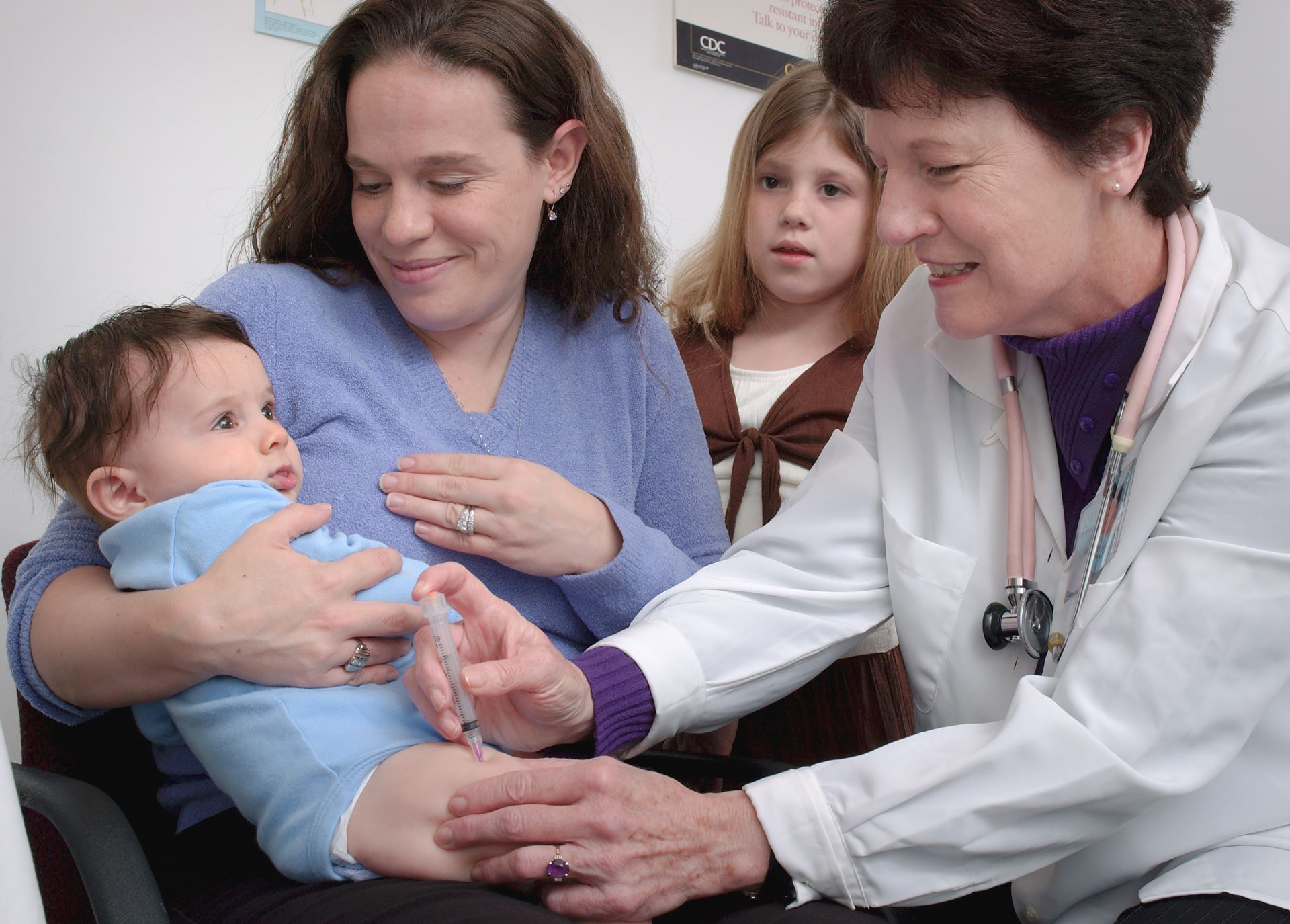
Child Immunisations
We offer all routine immunisations and overall health care for your child, including child health surveillance in conjunction with the Health Visitors.
It is extremely important that you have your child vaccinated. We will generally send you a reminder by post and encourage you to make an appointment for your child. If you have concerns over the safety of any of the immunisations, or any other questions then come in and have a chat with one of our Practice Nurses.
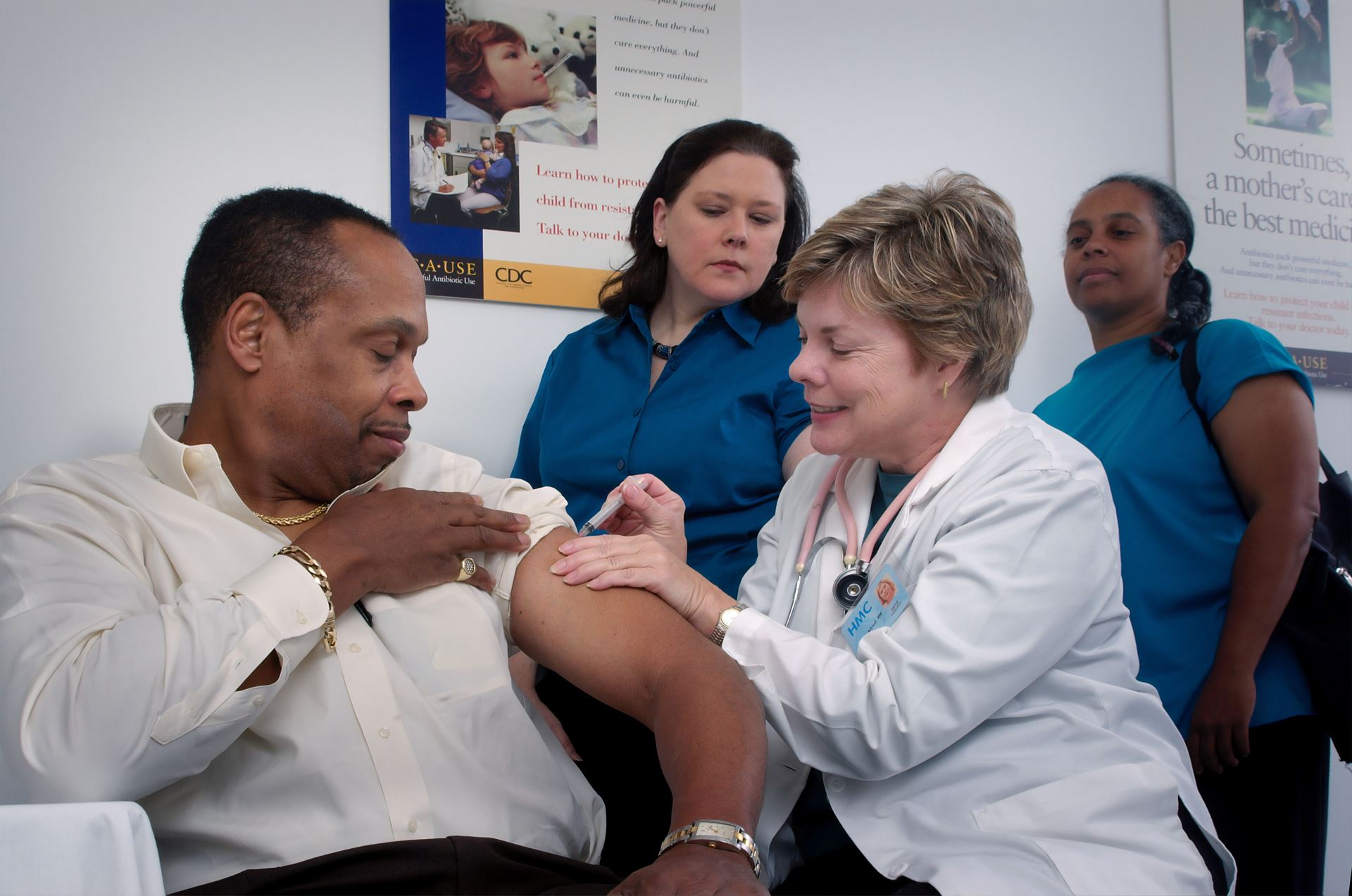
Adult Immunisations
Influenza
Every winter new strains of the influenza virus circulate, causing outbreaks of flu. People with chronic diseases (eg asthma, heart diease, emphysema), and the elderly are more vulnerable than others to becoming severly ill if they catch flu.
The flu vaccine reduces your chances of catching flu. The Government have recommends that those at higher risk of severe illness are vaccinated, e.g.
- All patients over 65 years old
- All diabetic patients
- All patients with bad chest and heart problems
- All Health Workers
- Carers
These groups are reviewed and updated each year.
Influenza jabs are available from September to March every year. If you are in a high risk group we will contact you and invite you in to get the jab.
Pneumococcal Vaccine
The pneumococcal bug is a common cause of pneumonia. In those at higher risk of complications from an episode of pneumonia, it can sometimes be fatal. For this reason vaccination is also offered against this bug. The at risk groups are similar to those for the flu vaccine and is offered to everyone from the age of 65, or under 65 if you have a health condition that increases the risk of pneumococcal infection
Tetanus
The new Department of Health guidelines recommend five tetanus jabs in your lifetime. So most young adults are covered for life, three as a baby, one when starting school and when leaving school. The only exception to the above guidelines is in the event of a nasty dirty injury. Please ask us about your tetanus status.
Polio
Child immunisation is detailed above. All adults are usually immunised in childhood. The only adults needing Polio immunisation are:
- Those who have never had a polio immunisation course
- Those patients travelling to countries where polio immunisation is recommended
There is no need to boost previously immunised adults who are NOT travelling abroad.
Hepatitis A
Travellers to many countries are advised to have Hepatitis A immunisation. A booster is given after a year and this covers the patient for 25 years. Sewage workers and Water Board workers should have both Hepatitis A and B immunisation. See Travel Advice section.
Hepatitis B
This immunisation is recommended for all health workers and other allied professions. The schedule for immunisation is: – 1st hepatitis B vaccination then a month later 2nd hepatitis B vaccination then 5 months later 3rd hepatitis B vaccination then after 6-8 weeks a blood test to check up uptake of vaccination. Booster vaccinations are advised after 5 years. There is still no decision on whether “5 in a lifetime” are sufficient.
Recent changes in Government advice about Hepatitis B means that the immunisation is not given free under the NHS. The cost is £80 for the course of three injections, £15 for the subsequent blood test and £20 for any further injections. If a job requires the patient to have Hepatitis B immunisation, then the employer should pay for the course of immunisation.
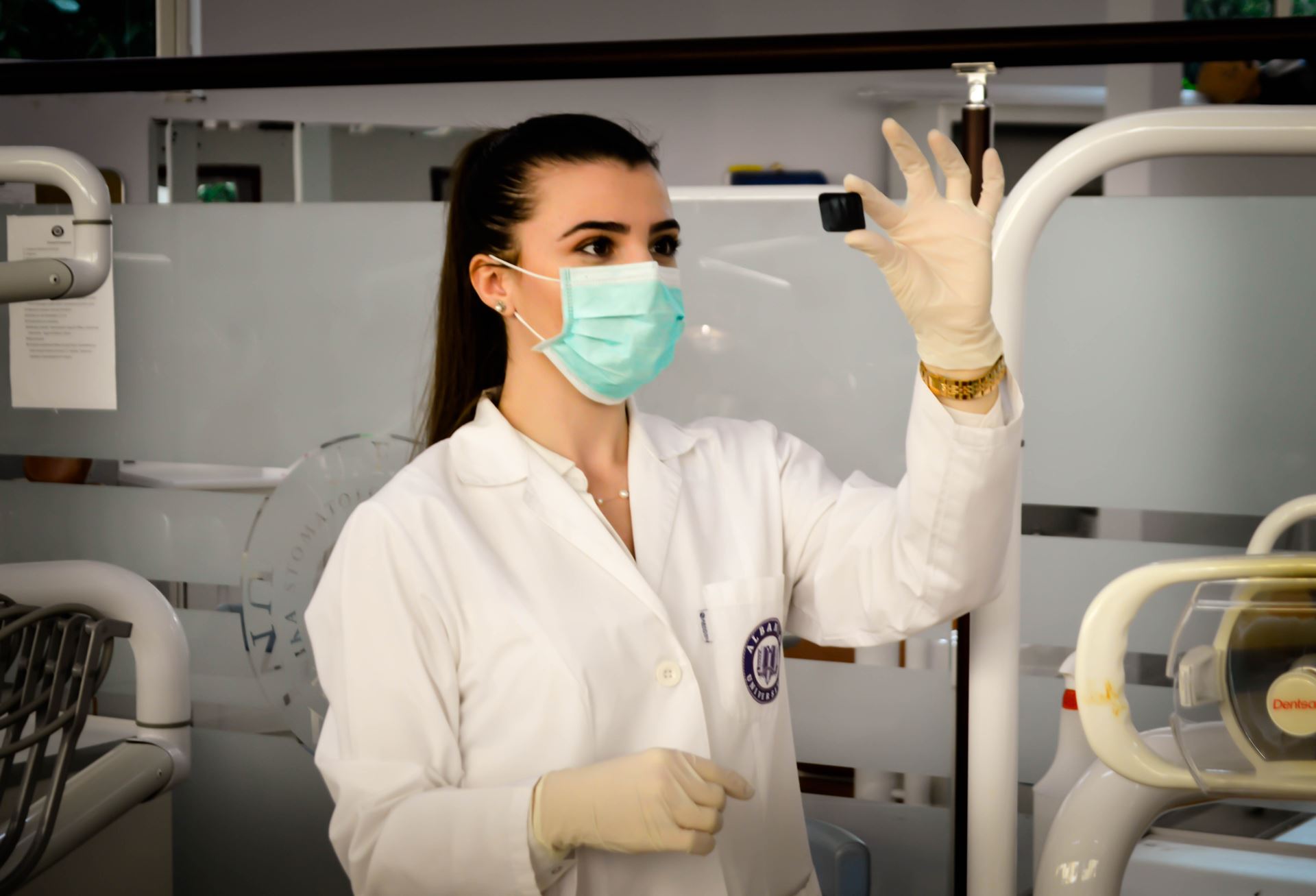
Cervical Smear Screening
Cervical Smears
We offer cervical cancer screening at our surgery to all our female patients who are eligible. The Government recommends that all women between the ages of 25 and 64 have a cervical smear test every three to five years, depending on your age. The recommended screening interval is currently:
|
Age Group (Years) |
Frequency Of Screening |
|
25 |
First invitation |
|
25 – 49 |
3 yearly |
|
50 – 64 |
5 yearly |
|
65+ |
Only those who have not been screened since age 50 or have had recent abnormal tests |
If a previous smear test has shown changes, or if you have had to have any treatment to your cervix, then you may be called more frequently.
If you have not had a recent smear test we can offer you one when you attend the surgery for other reasons. We will also write to you if we think you are overdue for a smear test. It is important you ensure that we have your correct name and address details to enable us to remind you when you are due for another smear test.
If you do not want to have a smear test please discuss this with your doctor or nurse so that we can answer any questions you may have. We may ask you to sign a form to say that you do not want to have a smear test, and then we will stop reminding you that you are overdue! Please also let us know if you have had your smear elsewhere (eg family planning clinic)
We have recently introduced a new way of taking smears (liquid based cytology) which means that the results come back much more quickly – usually less than a month – and there are less “inadequate samples”.
Cervical smears in Pregnancy
If you have had a smear within the last three years, and have never had any abnormal smears, then you can usually wait until after you have had your baby before having a routine smear.
If a previous test was abnormal, and in the interim you have become pregnant, then the test should not be delayed but should be taken in mid-pregnancy unless there is a clinical reason not to.
What the Results Mean
Negative
A negative result means that no abnormal cells have been seen. Your next smear will be in 3 years. If you have any abnormal bleeding, either mid-cycle or after intercourse, PLEASE DON’T WAIT for your next smear – report this to your Doctor immediately.
Inadequate/Unsatisfactory
An inadequate/unsatisfactory result means that not enough cells were collected from your cervix for proper analysis, and the test needs to be repeated. We will contact you and ask you to make another appointment for a smear test. We try to keep the number of inadequate smears as low as possible, and recent changes in the way that we takes smears has helped in this.
Abnormal
An abnormal result means that there are changes that could cause problems in the future. It does NOT usually mean that you have cancer now.
When this happens we will either ask you to have another smear test in 3-6 months time, or refer you to the colposcopy clinic.
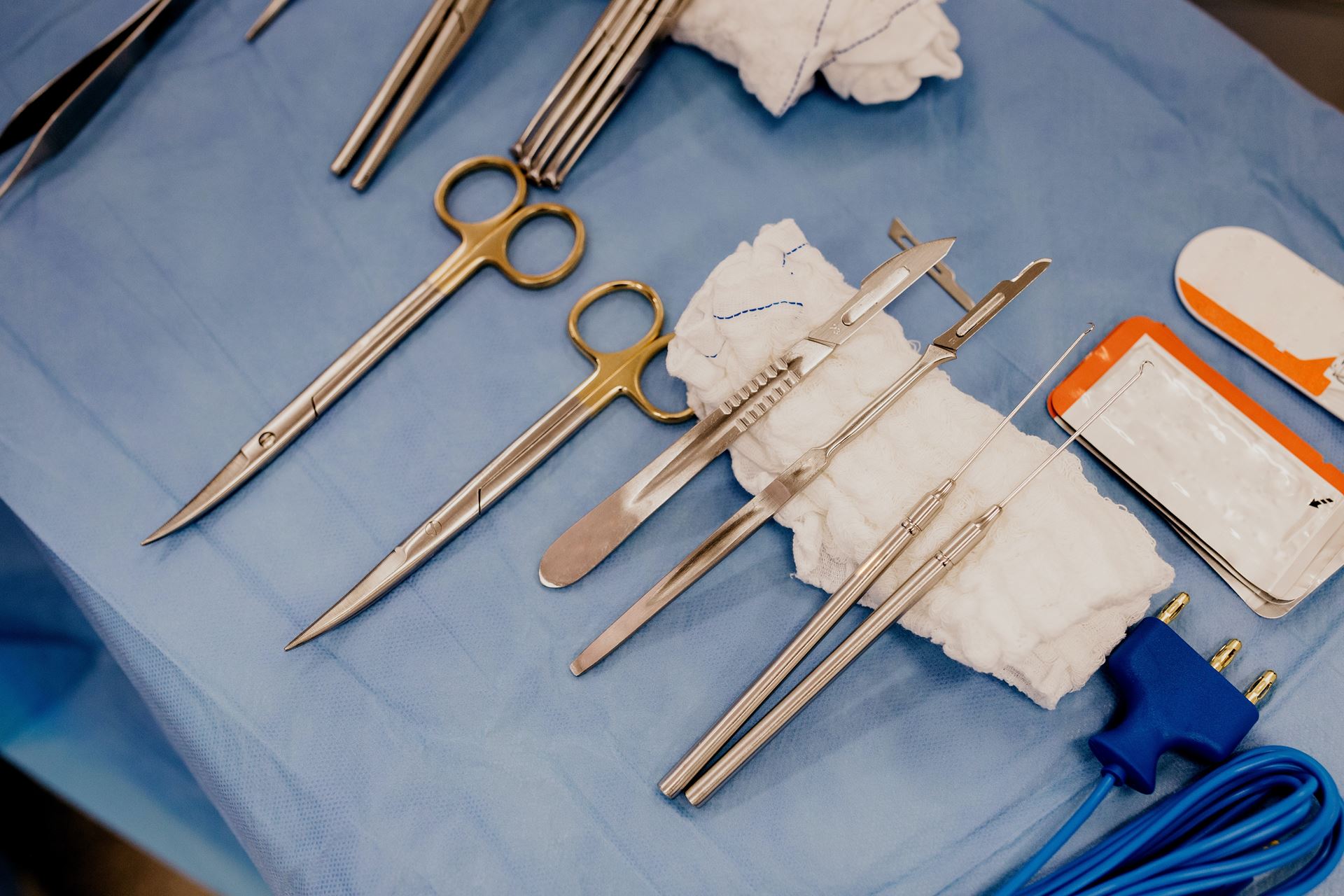
Minor Surgery and Joint Injections
If you have a mole or other lump or bump on your body that you are concerned about, or if it simply gets in your way, then come in and let one of us have a look at it. If we are concerned too then we will ask the skin specialists at the hospital to see you. If they think it may be cancerous, or dangerous in some other way, they will remove it for you. They will not however remove moles that are benign (harmless).
If the lump is benign but you still want rid of it then we may be able to remove it at the surgery under local anaesthetic. This is usually quick and fairly painless, though you will usually be left with a small scar. When we have a look at it we can tell you whether it is suitable for removal here at the surgery.
Joint Injections
We can provide a range of steriod injections including but not limited to the below conditions-
- Bursitis
- Knee injections
- Shoulder
- Carpel tunnel syndrome
- Trigger Finger

Maternity Care
Congratulations on your pregnancy.
Together with the local community midwives and the doctors and midwives at Treliske Hospital, we will support you through your Pregnancy.
When you find out you are first pregnant ring the Midwife Team at West Cornwall Hospital on 01736 874180 or follow this link and complete a Contact Form and the midwives will contact you directly. https://www.royalcornwall.nhs.uk/services/maternity-services/what-to-do-when-i-first-find-out-im-pregnant/
The team will organise all of your ongoing care for your pregnancy and explain how often you will be seen after that and what tests (such as blood tests & scans of your unborn baby) are available.
If you think you may be pregnant and are using street drugs such as heroin then please ensure you tell the doctor or midwife straight away.
Your Digital Maternity Record
The online Electronic Personal Health Record (ePHR) system provides information for all midwifery contact numbers, trusted information leaflets and maternal help groups while allowing the benefit of instant access to view your Maternity Record on any mobile device, tablet or PC throughout the duration of your pregnancy.
Ask your midwife about your Digital Maternity Record or contact Maternity IT Monday - Friday 09:00am - 16:00pm on 01209 881788 or 07557172389
Online Registrations also available at
This allows you to complete your first booking information, complete your birth preferences plan and view your Maternity notes.
Contacting a midwife
The midwives and health visitors are based at West Cornwall Hospital:
- Midwives: 01736 874180
- In an emergency: 01872 252361
- Delivery Suite (Treliske) 01872 252361
- Health Visitors: 01736 571101

Positive Pregnancy Test- What Happens Now?
Finding out you're pregnant
When you find out your pregnant you can scan the QR code to the right and fill in the online form. When you submit the form you will be contacted within 48 hours by rcht.maternityIT@nhs.net who will forward the information provided to the appropriate midwifery team.
Usually first midwife contact is within 8-10 weeks of pregnancy.